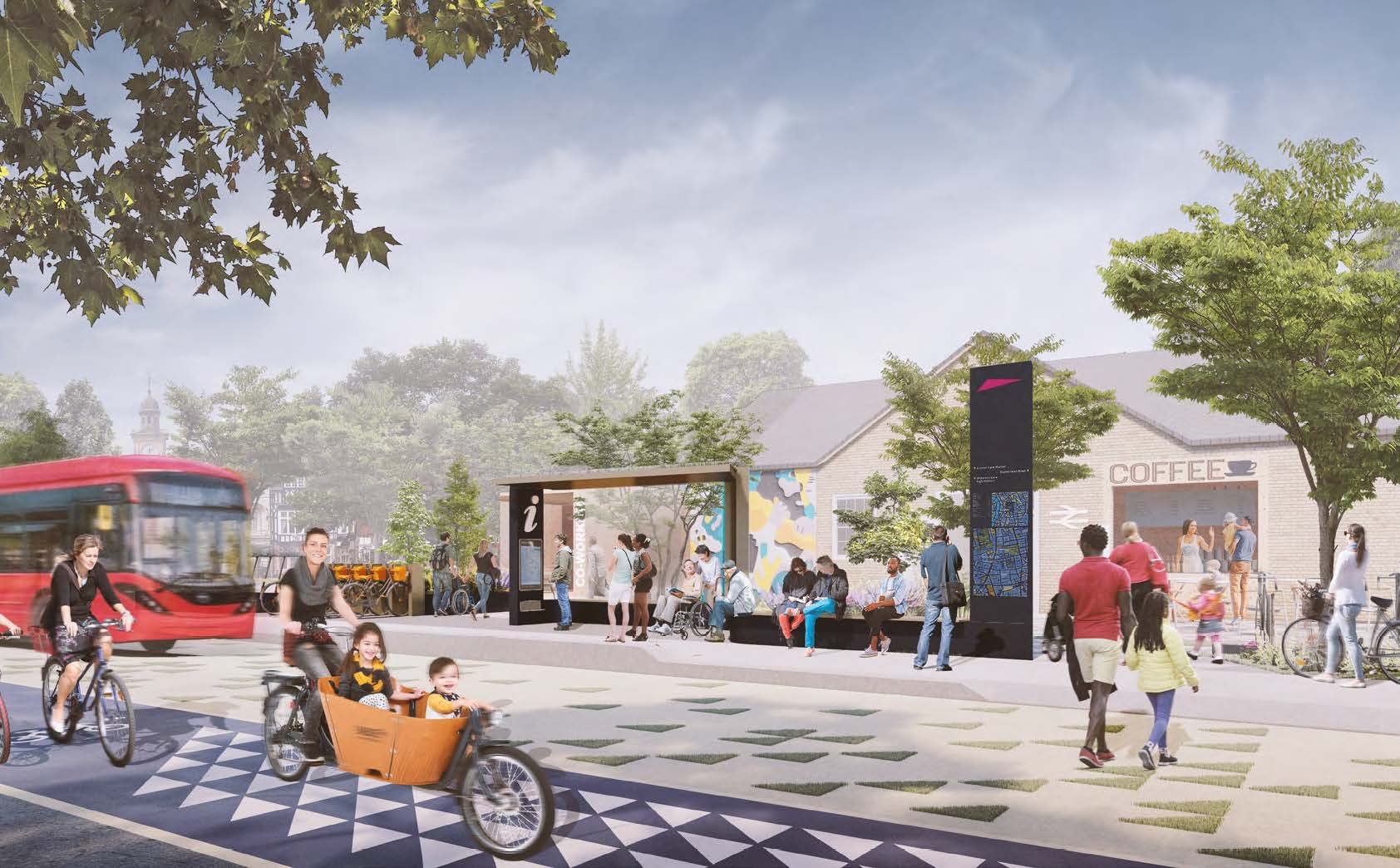Renewable Powered Towns
This resource explores the opportunities Towns can take to work towards reaching net zero legislative goals. The options are set against a backdrop of the impact of supply constraints in the energy market so far. Through existing procurement powers, local authorities can reshape how energy is supplied to existing and future assets to meet their energy demands.
Net Zero Implementation Pathways: Cycling Infrastructure
The third in our series of Net Zero Implementation Pathways series, this document looks at the meaning of net zero in cycling infrastructure projects.
Road transport currently accounts for 22% of all carbon emissions in the UK and is a major contributor to poor levels of air quality. The UK will only meet its net zero 2050 target and address the climate emergency in a meaningful way if it supports a modal shift to green and active travel. This will be achieved by implementing the necessary infrastructure, schemes and monitoring frameworks in its towns and cities that promote convenience, affordability, and safety complimented with the shifts required in behaviour.
Net Zero Implementation Pathways: Refurbishment
Following our guidance document on Net Zero Implement Pathways: New Development, we are pleased to publish this further guidance for Towns on how to implement net zero objectives through refurbishment.
The guidance document includes an overview of net zero in refurbishment, with key examples from Towns as well as business case tips and links to other useful resources.
Net Zero Implementation Pathways: New Developments
Globally, approximately 38% of energy related greenhouse gas (GHG) emissions are attributed to the building industry, with 28% deriving from building operation and 10% from the materials used in their construction and maintenance. To achieve net zero emissions by 2050 globally and in the UK, this decade must be spent at least halving emissions by 2030 from business as usual. These reductions must be applied across the entire building systems value chain, and taking a whole carbon lifecycle approach.
We are introducing these Net Zero Implementation Pathway guidance documents, to help Towns consider the pathway to implementation (including monitoring and evaluation) that lead to the best outcome from a net zero perspective. They intend to help you understand what you need to be thinking about at each stage of the lifecycle, who you need to engage, and what best practice and standards look like.
This document, the first in the series, sets out some guidance to ensure that towns in the UK are building and maintaining new developments in an environmentally and socially just way, not only to reduce emissions and build resilience to the worsening effects of climate change, but to boost local economies and create thriving, healthy communities.



